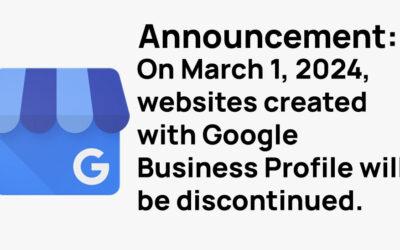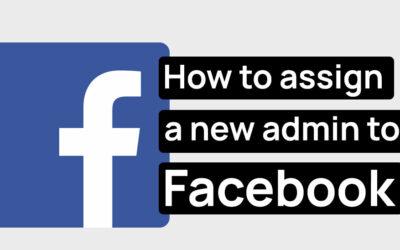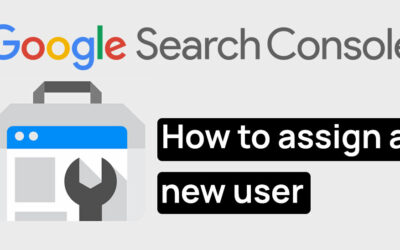But fret not, for we’re about to unravel this mystery in the simplest way possible. Grab a cup of coffee, sit back, and let’s talk digital!
Table of Contents
Setting the Stage – Understanding Websites and Apps:
First, let’s get familiar with our contenders.
A website is like your online store or office. Anyone, from any corner of the world, can visit by simply typing your web address into their browser. It’s accessible from computers, tablets, mobile phones, and pretty much any device with internet connectivity.
An app, short for ‘application’, is software that needs to be downloaded on a device. Think of it as a specialized store in a mall (like the App Store or Google Play). People need to go to this mall, find your store, and then get what they want from it.
Round 1: Accessibility
Imagine someone telling you about a fantastic new coffee shop. Would you rather it be just around the corner, open to everyone, or would you prefer to first get a membership, and then find a specific key to open its door every time?
In this analogy, the easily accessible coffee shop is your website. All one needs is its address (URL), and they’re in! No installations, no extra steps. On the other hand, an app requires a visit to the app store, downloading, and then regular updates. For a small business, you want to remove as many barriers to entry as possible, making websites a clear winner in terms of accessibility.
Round 2: Cost and Maintenance
Let’s not beat around the bush; starting a business involves keeping a keen eye on the finances. Websites, especially those built on popular platforms like WordPress, can be quite cost-effective. Maintenance also comes easier, with regular updates and tweaks not demanding a hefty price.
On the contrary, developing an app can burn a hole in your pocket. You’d need to create different versions for iOS, Android, maybe even Windows. Each update or bug fix requires a new version to be deployed, and users must then update the app on their devices. It’s not just about the initial cost; it’s the ongoing expenses that add up.
Round 3: Versatility
The digital landscape changes rapidly. Today’s trend becomes tomorrow’s ancient history. With a website, adapting to these changes is smoother. New page? Done. New design? Sure thing. Integration with a cool new social media platform? Absolutely!
Apps are trickier. Each significant change might demand a complete overhaul, which again means more development, more testing, and waiting for users to update to the latest version. Websites provide a flexibility that apps can’t quite match.
Round 4: User Experience
Now, this might be where apps shine a bit. They can utilize device features, like cameras, GPS, or contact lists, providing an immersive experience. But here’s the catch: how many small businesses genuinely need these features?
A well-designed website, especially one that’s mobile-responsive (which means it looks and works great on mobile devices), offers a stellar user experience. With the majority of online users accessing content via mobile browsers, a mobile-optimized website can offer almost everything an app provides, without the added complications.
Round 5: SEO and Visibility
Ever heard of the term ‘SEO’? It stands for Search Engine Optimization. In non-technical lingo, it’s the magic that makes your business pop up on Google when someone searches for relevant terms.
Websites have the power of SEO behind them. With the right strategies, your small business’s website can rank high in search results, drawing organic (unpaid) traffic. Apps, however, rely on app store algorithms, which can be incredibly competitive and don’t necessarily cater to localized searches as effectively as search engines.
Round 6: Lifespan
A study once revealed that most apps are deleted within 90 days of installation. That’s a tiny window for engagement! Websites, however, don’t face this short lifespan. Once a user bookmarks your site or even remembers it, they can return anytime, without the fear of it occupying precious space on their devices.
Final Thoughts:
Apps certainly have their place in the digital realm. They’re great for specific tasks, frequent engagements, or businesses that hinge on app-specific functionalities. However, for a vast majority of small businesses looking to establish an online presence, capture a broad audience, and do so cost-effectively, websites remain the undefeated champions.
Your business deserves a robust, versatile, and user-friendly platform. By investing in a well-crafted website, you’re ensuring that your audience finds you easily, engages effectively, and returns consistently.
In the website vs. app arena, while both contenders have their strengths, the website still stands tall as the most practical, cost-effective, and efficient solution for small businesses. And with our expertise in website design, we’re here to help you make the most of your digital presence. Let’s create something memorable, shall we?




